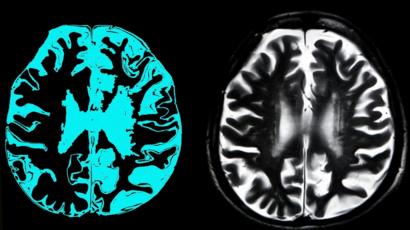An updated report by a group of specialists lists some modifiable factors that, if an individual act on them, could scale back their dementia risk. Before this update, the report had listed the most modifiable factors.
The 2020 report by the Lancet Commission on dementia prevention, intervention, and care appeared at the top of July in the Lancet. It provides some vital updates to the previous document, which the journal revealed in 2017.
The Lancet Commission may be a team comprising 28 specialists on dementia from institutions all around the world. The report’s initial author is a professor from University College London in the UK.

The Commission also conferred its conclusions at the Alzheimer’s Association International Conference (AAIC) in July, that this year occurred online.
Report author and AAIC presenter Dr. Lon Schneider, from the Keck faculty of medicine at the University of Southern California in L.A., comments on the report. The Lancet Commission article from way back 2017 had previously admitted that working on certain modifiable factors may help cut back a person’s risk of developing certain forms of dementia.
That document listed 9 such factors. These were: a lower level of education hearing loss hypertension obesity smoking depression social isolation physical inactivity diabetes To these original 9 factors, the new report has added head injuries, excessive alcohol intake, and air pollution. Like the specialists behind this article, the 12 factors taken along “account for around 40% of global dementias, that also could, in theory, be prevented or delayed.” Therefore, working on those factors might facilitate stop a big variety of dementia cases, the experts suggest.

They additionally justify why they decided to feature the 3 new factors to the guidelines.
For example, the researchers cite many studies linking traumatic brain injuries with dementia, together with 2 nationwide cohort studies of around 3 million individuals each.
Finally, they acknowledge the accumulating proof concerning the role of pollution in cognitive impairment. However, they warn that proof of the causal mechanisms has solely been offered from the animal analysis so far.


